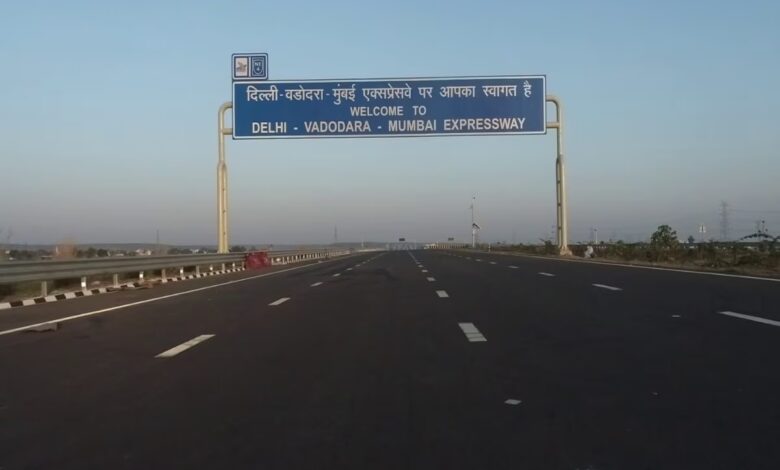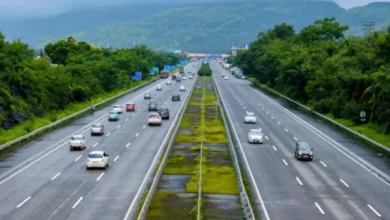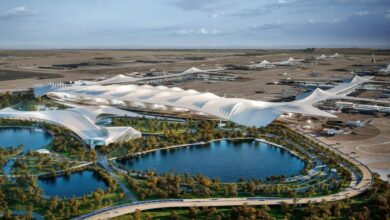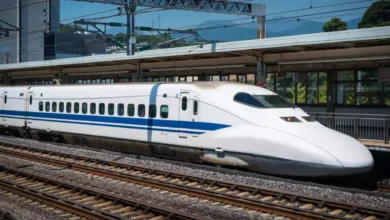PM Modi to inaugurate Delhi-Mumbai stretch, reducing Delhi-Vadodara travel time to 10 hours
Revolutionizing connectivity, cutting travel time, and reducing emissions – The Delhi-Mumbai Expressway's impact on India.

The Delhi-Mumbai Expressway is set to transform road travel between Delhi and Vadodara, with the journey now taking only 10 hours. This travel time is even quicker than the fastest train on the route, the Mumbai Central Tejas Rajdhani, which takes around 10 hours and 45 minutes. Previously, road travel between these cities would take 18-20 hours, depending on the route taken.
This remarkable improvement is thanks to the inauguration of the second stretch of the Delhi-Mumbai Expressway, which extends up to Gujarat. This new route passes through Sohna, Dausa, Lalsot, Sawai Madhopur, Kota, Ratlam, Dahod, and Godhra, cutting the distance between Delhi and Vadodara from over 1,000km to just 845km.
The Delhi-Vadodara section of the expressway, costing approximately Rs 12,000 crore, travels through Haryana, Rajasthan, and Madhya Pradesh. It’s designed as an access-controlled, allowing cars to reach speeds of up to 120 kmph, ensuring smooth traffic flow. Notably, it offers improved connectivity not only between Delhi and Vadodara but also to cities like Jaipur, Kota, Chittorgarh, Indore, Ujjain, Bhopal, and Ahmedabad.
The Delhi-Mumbai Expressway: A Transformative Project
The Delhi-Mumbai Expressway isn’t just about Delhi and Vadodara; it’s a colossal project connecting Delhi, Haryana, Rajasthan, Madhya Pradesh, Gujarat, and Maharashtra. The total cost of this ambitious venture is around Rs 1 lakh crore.
The true game-changer is that this expressway is set to reduce the travel time between Delhi and Mumbai to just 12 hours, which is significantly quicker than the current journey duration. Furthermore, it will also shorten the distance by nearly 200 km.
One significant milestone in this project was the inauguration of the 246-km Sohna-Dausa-Lalsot section, which was completed at a cost of over Rs 12,150 crore. This particular stretch drastically reduced the travel time between Delhi and Jaipur from five hours to approximately 3.5 hours.
Environmental Benefits of the Expressway
Apart from the remarkable reduction in travel time and distance, the Delhi-Mumbai Expressway also brings substantial environmental benefits. It is estimated that this expressway will lead to annual fuel savings of more than 320 million litres, significantly contributing to a greener future. Furthermore, it will reduce CO2 emissions by a staggering 850 million kilograms, equivalent to planting a whopping 40 million trees.
Inaugurating the Delhi-Mumbai Expressway’s second stretch is a significant step towards revolutionizing road travel in India. With reduced travel times, shorter distances, and positive environmental impacts, this project is poised to benefit both travellers and the planet. As it nears completion, it stands as a testament to India’s commitment to modernizing its infrastructure and improving the lives of its citizens.
Please, also have a look into : Plane crashes on an expressway in Kuala Lumpur, at least 10 reported dead



